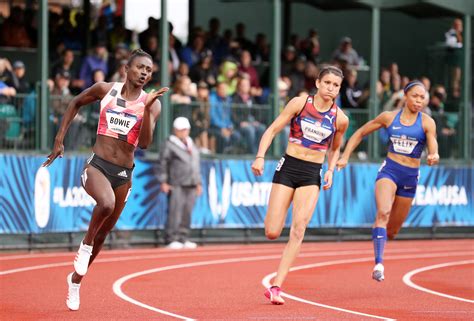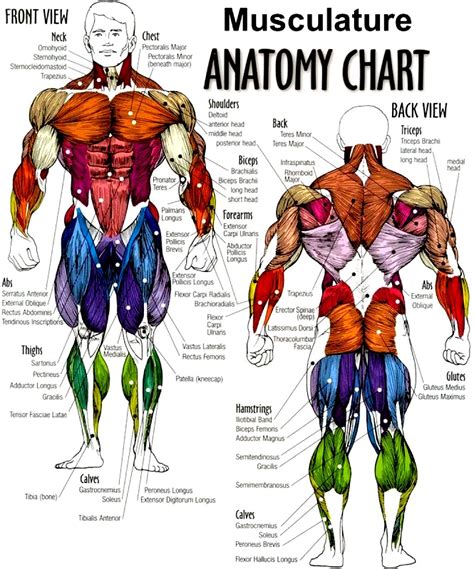For men striving for peak physical and mental performance, the concept of ‘fuel’ often brings to mind macronutrients like carbohydrates, proteins, and fats. However, an often-overlooked yet critical component of metabolic fuel efficiency and recovery is water. Consistent under-hydration, even mild, can have profound effects on how a man’s body utilizes energy, performs physical tasks, and repairs itself.
The Pivotal Role of Water in Metabolic Function
Water is not just a thirst quencher; it is the universal solvent and medium for virtually all metabolic reactions in the body. It facilitates the transport of nutrients (glucose, amino acids, fatty acids) to cells and waste products away from them. Enzymes, the catalysts for these metabolic reactions, rely on a properly hydrated environment to maintain their optimal structure and function. When water levels drop, enzymatic activity slows, directly impacting the efficiency of energy production pathways.

Impaired Fuel Efficiency: Energy Production Under Stress
Under-hydration directly compromises the body’s ability to efficiently convert food into usable energy (ATP). The processes of glycolysis, the Krebs cycle, and oxidative phosphorylation, which are central to ATP synthesis, all require adequate water. Dehydration can lead to a reduction in blood volume, which means less oxygen and fewer nutrients are delivered to working muscles and organs. This forces the body to work harder to achieve the same output, often leading to increased reliance on less efficient anaerobic pathways, premature fatigue, and a perceived drop in ‘fuel’ availability.
Furthermore, fat metabolism, an important energy source for endurance activities, is also hindered. Water is crucial for lipolysis (the breakdown of fats) and the transport of fatty acids. Without sufficient hydration, the body struggles to access and utilize its fat stores efficiently, impacting sustained energy levels.
The Cascade of Performance Decline
Beyond internal metabolic processes, consistent under-hydration has tangible effects on physical performance. Muscle strength and endurance decline significantly with even a small percentage of body weight lost to dehydration. Muscle contractions become less efficient, and the risk of cramps and strains increases. Cognitive functions, vital for focus and coordination during exercise or daily tasks, also suffer. Decision-making, reaction time, and memory can all be impaired, further contributing to a reduction in overall functional capacity.

Hampered Recovery and Long-Term Effects
Recovery is where under-hydration truly takes its toll. After intense activity, the body needs to repair muscle tissue, clear metabolic waste products (like lactic acid), and replenish glycogen stores. Water is indispensable for all these processes. Dehydration slows down the removal of waste, prolongs muscle soreness, and hinders the transport of amino acids for muscle repair and protein synthesis. This extended recovery period means less readiness for subsequent training sessions and an increased risk of injury.

Chronically, consistent under-hydration can lead to more serious issues, including increased strain on the kidneys, digestive problems, and a potential impact on hormonal balance, all of which further compromise overall health and metabolic efficiency.
Optimizing Hydration for Peak Performance and Recovery
To combat under-hydration and its detrimental effects, men should adopt a proactive hydration strategy. This includes:
- Consistent Intake: Drink water steadily throughout the day, not just when thirsty. Thirst is often a sign that dehydration has already begun.
- Monitor Urine Color: Light yellow or clear urine is a good indicator of adequate hydration.
- Factor in Activity Levels: Increase water intake significantly during and after exercise, especially in hot or humid conditions. Electrolyte-rich beverages may be beneficial for prolonged or intense activity.
- Include Hydrating Foods: Fruits and vegetables have high water content and contribute to overall hydration.

Conclusion
Water is the silent partner in a man’s metabolic success. Consistent under-hydration undermines every aspect of metabolic ‘fuel’ efficiency, from energy production and physical performance to crucial recovery processes. Prioritizing proper hydration is not merely about staying comfortable; it’s a fundamental strategy for optimizing physical capabilities, ensuring efficient energy utilization, and accelerating recovery, ultimately leading to a healthier, more robust existence.





